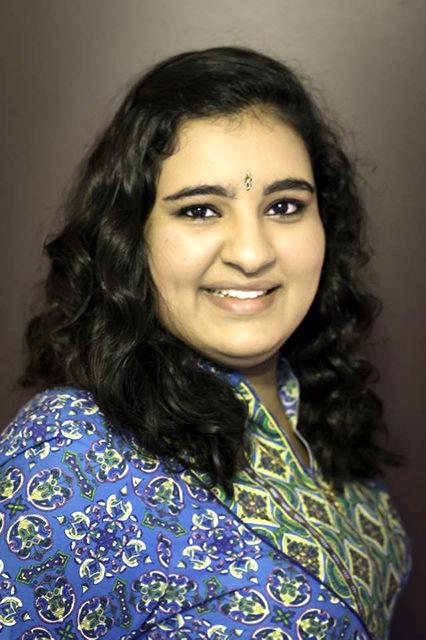I have privilege. I come from an upper class family. My mother and my father, who immigrated legally in the eyes of the government, work hard to give me and my sister the best possible quality of life, to put us in the best schools in the area, to make sure that we are able to grow up sheltered and happy.
You have privilege too. I know this because you have the ability to read and possibly access to a computer to find this piece on the internet. Most of this world’s population is privileged in some way or another; privilege manifests itself through age, beauty, ability (both physical and mental), race, gender, sexual orientation, socioeconomic status, education and any other identifier that puts one population in a higher position of power than another.
You are not a bad person for having privilege. Often, privilege is not a choice but rather a fact of life. White people did not choose to be white, and therefore, did not choose the privilege that is automatically comes with being white. Similarly, physically or mentally disabled people did not choose to be physically or mentally disabled, and therefore did not choose to be at a disadvantage in society compared to able-bodied and neurotypical people.
What determines the quality and integrity of people is not the privilege they inherently have, but rather how they choose to live their life with that privilege.
Brock Turner, rapist from Stanford University, has the privilege of being a heterosexual, cisgendered white male athlete from a fairly wealthy family. While none of these identifiers seemed significant when he was raping an unconscious girl behind a dumpster at a fraternity party, they’re important identifiers now, one year later, when they gave him an advantage in the court proceedings during which he was sentenced to six months in county jail. He is only expected to serve three of those months.
Of course, the argument can be made that Turner can’t help the privilege he has, nor how it affects the way people view and treat him. This argument isn’t necessarily wrong; Turner plays no part in the privilege he is afforded. However, instead of owning up to his actions and taking the punishment given, Turner has decided to turn the tables and blame the survivor, thereby painting her in a negative light for supposedly ruining his life in court proceedings while coming across as a victimized All-American athlete himself.
Rape cases have been stigmatized and misconstrued for decades due to media bias and the portrayal of the perpetrator versus the victim-turned-survivor. Rape culture in this country encourages the public to put the blame on the survivor rather than the rapist, and most often, the rapist does nothing to own up to his or her actions, or change public opinion.
The judge presiding over the case, Aaron Persky, was also a Stanford athlete in his day, captaining the university’s lacrosse team during his undergraduate studies and assisting in coaching during his graduate studies at Berkeley. Persky supposedly specializes in presiding over sexual assault cases, specifically in ensuring the perpetrator is put away soundly; it is apparent that despite this background, media bias and bias based on privilege influenced Persky’s ruling.
I’m not going to go into the race factor in this case, nor am I going to talk about the heterosexual male aspect of Turner’s identity, although those both play roles in the way the public views Turner in the proceedings of this case. When it’s all said and done, the important thing to remember is that Turner’s so-called “20 minutes of action” have irrevocably ruined the life of the anonymous survivor, and yet another young white male athlete was essentially pardoned for committing one of the most heinous crimes imaginable.
I have privilege — it is not a bad thing for me to acknowledge and admit that. You have privilege too, and it’s important for you to acknowledge and admit that. Our privilege may not have been in our power, but it is important for us to make a conscious choice every day to use the privilege we have to make a positive impact — to help those who have less privilege than us, and to educate other privileged people on their privilege, and what they can do with it.















